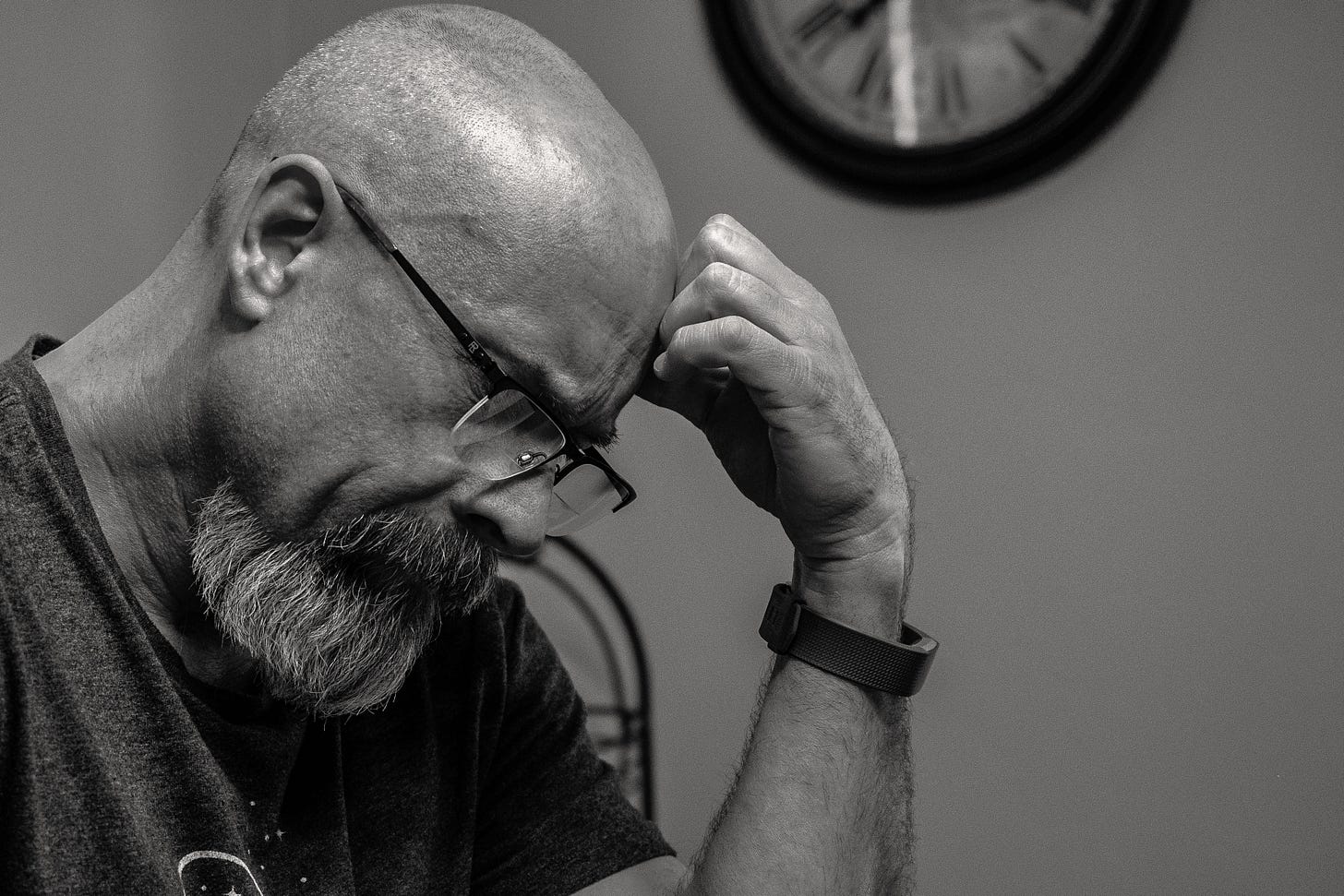
Socrates believed that humans are born with innate abilities. Today, scholars such as Steven Pinker, Frederik deBoer, and Paige Harden would invoke behavioral genetics to describe why this is the case, but Socrates was a philosopher who died in 399 BC, and his belief in human nature emerged from observation and dialogue. Common sense, if you will, not scientific studies.
Socrates believed that humans have a soul that they inherent and that lives on after their body dies. Because of the immortality of the soul, he believed that souls have learned many things throughout their existence, which they bring with them to the bodies they inhabit.
Socrates argued that we are born with the knowledge of what is the Beautiful, Good, Just, and Pious. All of these things are marked with, as Socrates describes in Plato's Phaedo, "the seal of 'what is,' both when we are putting questions and answering them." But he thought that man cannot be taught, rather, we either know what we know throughout life, or when we "learn," we are simply recollecting the knowledge that we were born with, the knowledge that our souls brought into our body. When Socrates questions a dialogue partner in Plato's Meno, he is helping him to recollect: "And he will know it without having been taught but only questioned, and find the knowledge within himself?"
Socrates elicits the idea of a knowledgeable, immortal soul to make the case that man has limitless capacity to know things: "As the soul is immortal, has been born often, and has seen all things here and in the underworld, there is nothing which it has not learned; so it is in no way surprising that it can recollect the things it knew before, both about virtue and other things. As the whole of nature is akin, and the soul has learned everything, nothing prevents a man, after recalling one thing only—a process men call learning—discovering everything else for himself, if he is brave and does not tire of the search, for searching and learning are, as a whole, recollection."
Socrates may not be correct about recollection as the end all be all of how we come to know things, or a soul's role in learning, but he understood that humans are not born blank slates. That we are born with innate abilities that inform our capacity to learn. Throughout history, other important thinkers have acknowledged human nature's role in learning. Next up: Maria Montessori.



